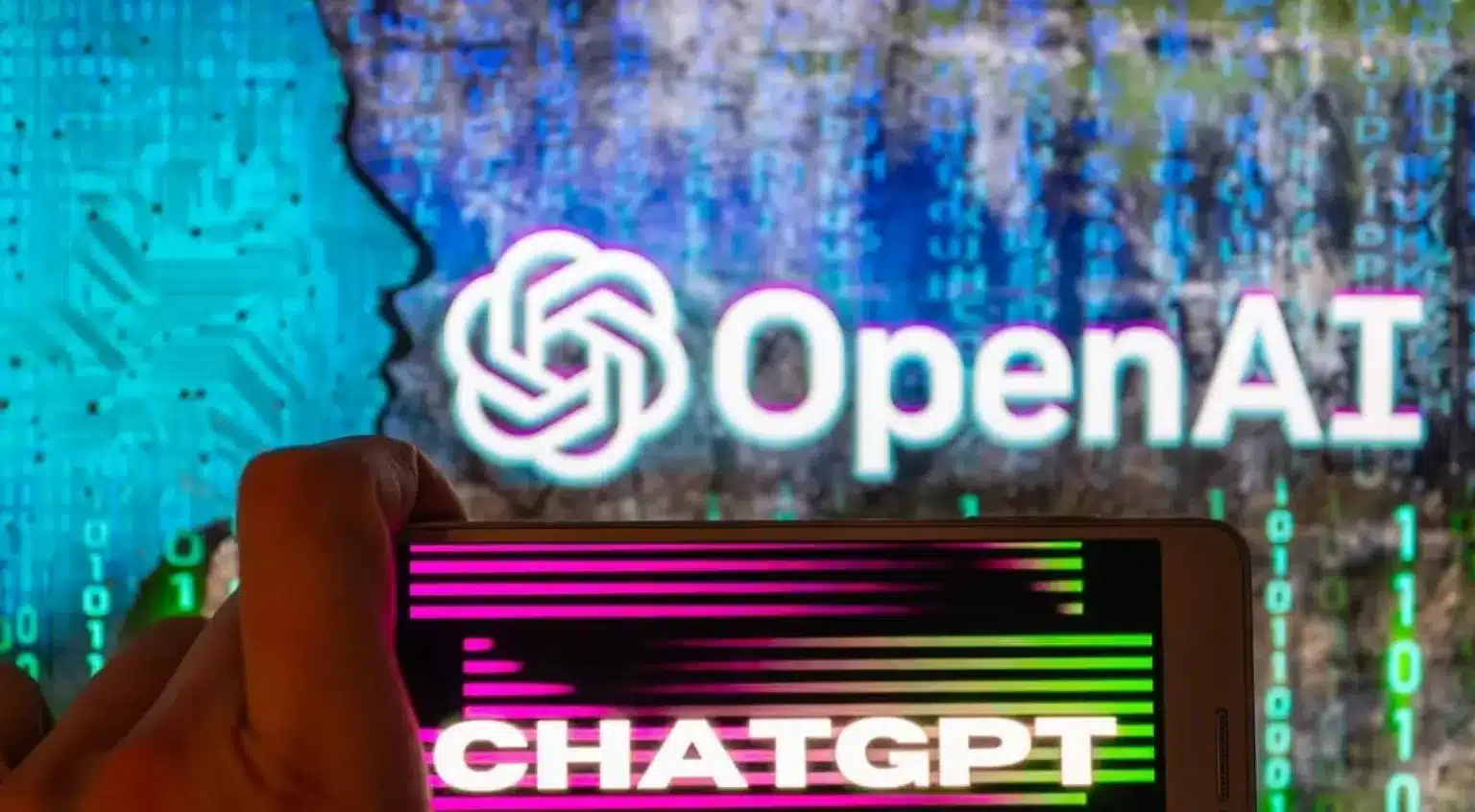In today’s fast-paced world, where technology has transformed communication, AI-powered chatbots have emerged as game-changers. Chatbots like ChatGPT are designed to facilitate conversation and help people access information quickly and efficiently. With the ability to handle multiple conversations simultaneously, these chatbots have become an essential tool for businesses and individuals.
However, as with any new technology, there are concerns about the impact of chatbots on human interaction. Some argue that chatbots like ChatGPT threaten the very essence of communication, while others see them as a revolutionary tool that enhances our ability to communicate. In this blog, we will explore both sides of the debate to gain a deeper understanding of the impact of ChatGPT on human interaction.
What is ChatGPT?
Before we delve deeper into the debate, let us first understand ChatGPT. ChatGPT is an AI-powered chatbot that uses natural language processing (NLP) to understand and respond to user queries. It is based on the GPT-3.5 architecture and has been trained on a massive text dataset to generate human-like responses. ChatGPT is designed to converse with users on various topics and simultaneously handle multiple conversations.
ChatGPT has recently gained immense popularity, with many businesses using it as a customer service tool. Individuals also use it to get quick and accurate answers to their queries. The ease of use and efficiency of ChatGPT have made it a preferred choice for many people.
Revolutionary Tool
Those who see ChatGPT as a revolutionary tool argue that it has transformed communication. Chatbots like ChatGPT are available 24/7 and can handle multiple conversations simultaneously, making them more efficient than human customer service representatives. In addition, they can provide quick and accurate answers to queries, which saves time and effort for both the customer and the business.
Chatbots like ChatGPT are also seen as revolutionary tools for businesses. They can help businesses reduce operational costs by automating customer service operations. This saves money and ensures that customers get a consistent and reliable experience.
Another advantage of ChatGPT is its ability to learn and adapt to new situations. As a result, it can improve its responses and become even more efficient as it interacts with more users. This means that ChatGPT has the potential to become an even more powerful tool in the future.
Threat to Human Interaction
On the other hand, those who see ChatGPT as a threat to human interaction argue that it is a step towards a future where technology replaces human interaction. They argue that chatbots like ChatGPT lack human customer service representatives empathy and emotional intelligence. While chatbots can provide quick and accurate answers, they cannot provide humans with emotional support.
Moreover, some argue that the ease of use and efficiency of ChatGPT may discourage people from engaging in meaningful conversations. People may prefer to get quick answers rather than engage in a conversation that requires effort and time. This could lead to a decline in human interaction and a loss of social skills.
Another concern is the potential for bias and misinformation. ChatGPT is trained on large amounts of text data, which could contain biases and inaccuracies. If the model is used to generate text without proper oversight, it could perpetuate these biases and spread misinformation.
There are also concerns about the impact of ChatGPT on the job market. Using the model extensively in customer service and support could lead to job losses. Similarly, if it is used extensively in content creation and translation, it could also lead to job losses in these fields.
Conclusion
In conclusion, ChatGPT is a powerful language model that has the potential to revolutionize the way we communicate. It can provide personalized and efficient experiences in customer service and support, create more engaging and personalized content, and facilitate communication between people who speak different languages.
It also poses potential threats, such as a decline in human communication skills, perpetuating biases and misinformation, and job losses in various industries. Using ChatGPT and other language models responsibly and with proper oversight is essential to mitigate these risks and maximize their benefits. As with any new technology, we must ensure that it is used to enhance and improve our lives rather than detract from them.






